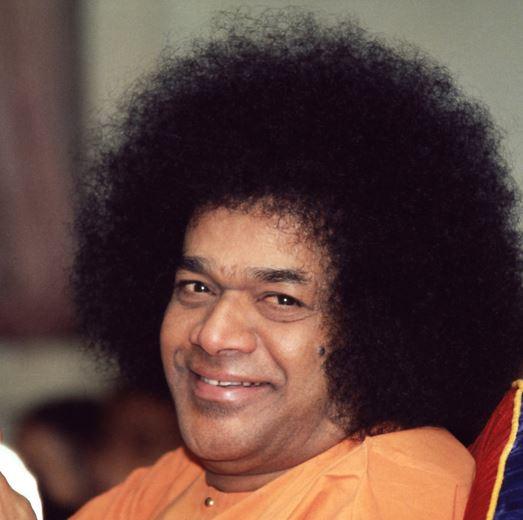
Sathya Sai Baba was a spiritual leader and guru who was widely known in India and had a large following worldwide. He was born Satya Narayana Raju on November 23, 1926, in Puttaparthi, a small village in the state of Andhra Pradesh. He claimed to be the reincarnation of the famous Indian saint Sai Baba of Shirdi and achieved great fame during his lifetime for his spiritual teachings, miracles, and philanthropic work.
Key Aspects of Sathya Sai Baba:
Teachings and Philosophy:
Sathya Sai Baba preached a universal message of love, compassion, truth, peace, and non-violence. He emphasized the importance of seva (selfless service), bhakti (devotion), jnana (knowledge), and karma (good actions).
One of his most well-known teachings was that all religions worship the same God at their core, and he advocated for interfaith harmony and peace.
Miracles and Healings:
Sathya Sai Baba was known for alleged miracles he performed, such as the materialization of vibhuti (sacred ash powder), jewelry, and other objects. These miracles contributed to his reputation as a spiritual master.
Many of his followers believed he possessed divine powers and was capable of performing healings and other miracles.
Philanthropic Work:
Sathya Sai Baba was deeply involved in charitable projects, including building hospitals, schools, and water projects to bring clean drinking water to remote areas. His hospital in Puttaparthi is known for providing free medical care to the needy.
He also founded the Sathya Sai Organization, a worldwide group focused on spiritual practice and social work.
His Influence and Following:
Sathya Sai Baba had millions of followers worldwide, particularly in India, but also in many other countries, including the USA, Europe, and Australia.
Despite his many followers, there were also critics and skeptics who questioned his alleged miracles and the sources of his wealth. Some accused him of being unclear about his financial resources or of relying on questionable methods.
Death and Legacy:
Sathya Sai Baba died on April 24, 2011, at the age of 84. His death was mourned by many of his followers worldwide, and numerous memorial events were held.
After his death, his organization continued the work and projects he had initiated during his lifetime. Puttaparthi, his birthplace, remains an important pilgrimage center for his followers.
Criticism and Controversy:
Like many spiritual leaders, Sathya Sai Baba has faced criticism and controversy. Some of his critics doubted the authenticity of his miracles and claimed that he may have used fraudulent practices to deceive his followers. There have also been reports of scandals related to his organization, which have been discussed by followers and skeptics alike.
Conclusion:
Despite the controversies, Sathya Sai Baba remains a significant figure in the spiritual world, especially in the context of modern Hinduism. Many of his teachings and philanthropic work have had a lasting impact on people worldwide. His message of love, compassion, and service to humanity remains a central part of his legacy.

